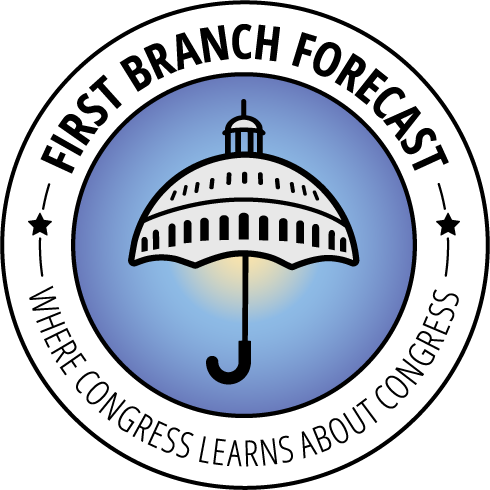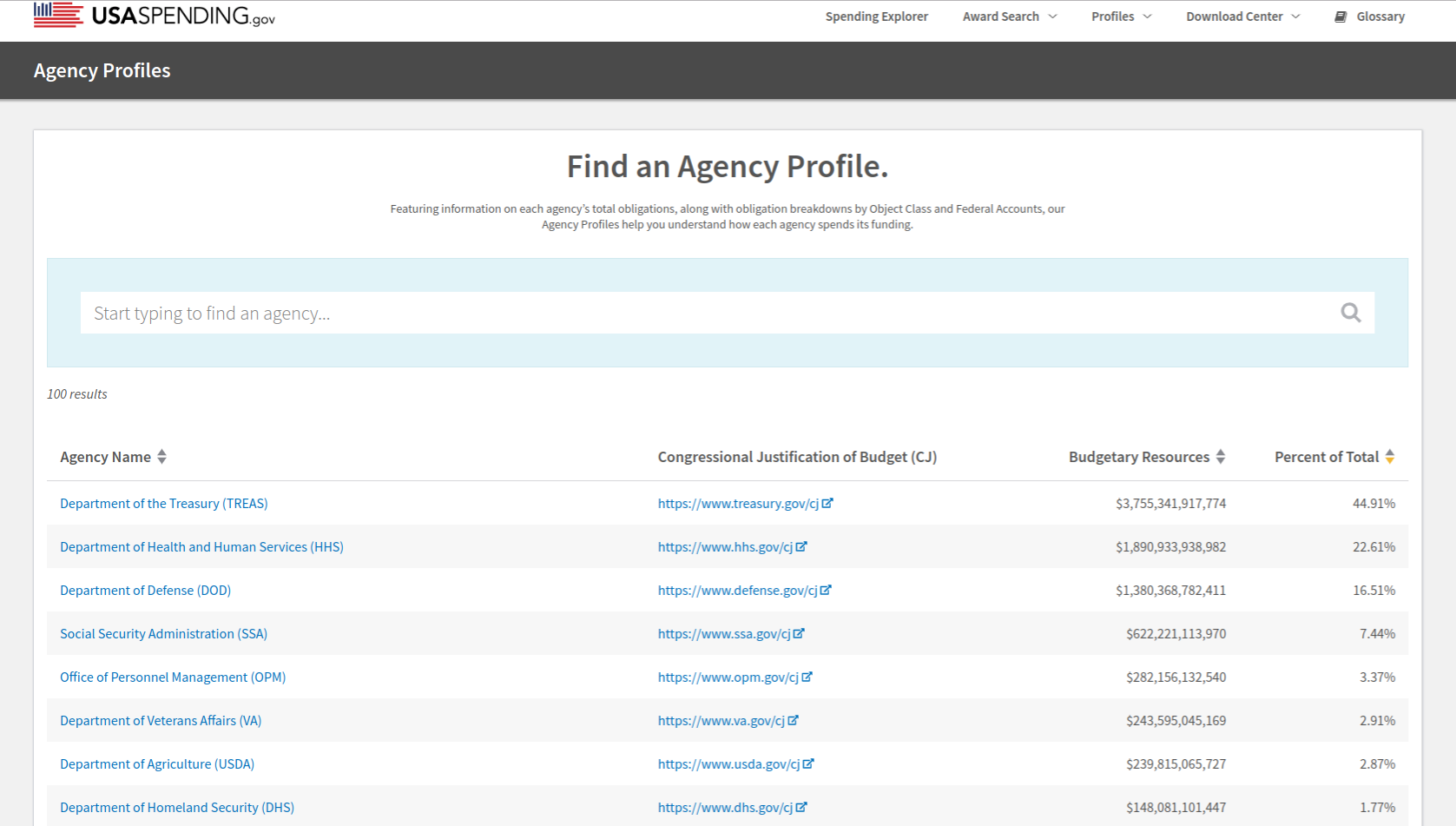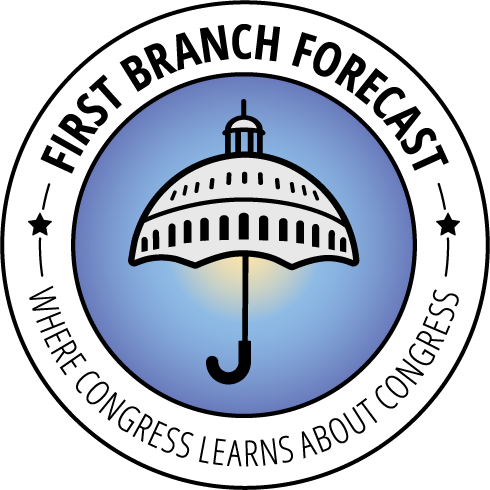
THE TOP LINE
Are you pondering what I’m pondering? In this case, how would a new OTA decide what to study?
How do Senate committees get their funding and where does it go? The take-aways: Senate committee funding is at an 18-year low; it’s really good to be an appropriator; and Senate committees are in better shape than House committees. Inside: the raw data from 1994-present.
Speaking of approps, use our twitter Approps tracker and CRS’s Approps status tables to stay on top of the next 6 weeks. It’s gonna go fast.
Finding federal budget docs can be tricky. After a lot of needling, USASpending is now centrally posting (some) congressional budget justifications; FedScoop has the lowdown, including how it could be improved. Want more? We took a deep dive on budget justifications in March. Continue reading “Forecast for August 26, 2019.”


